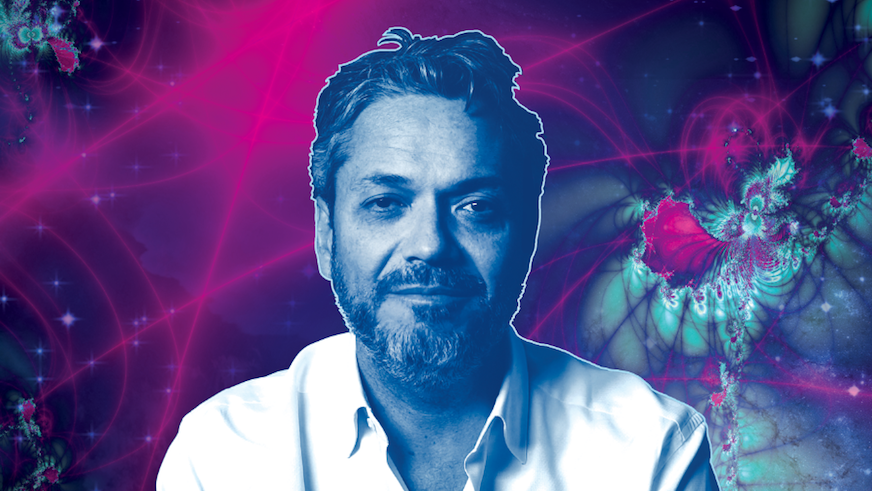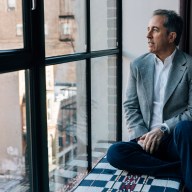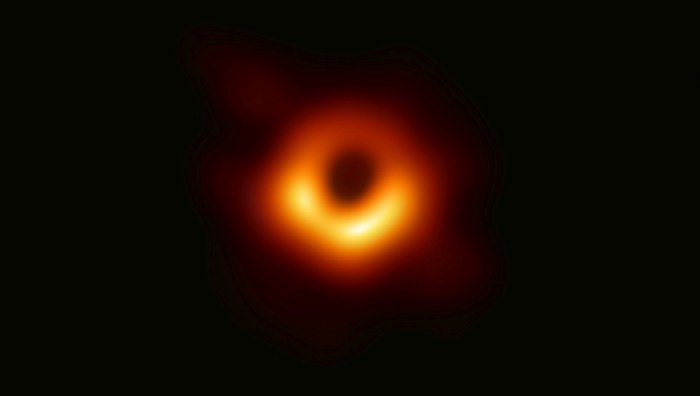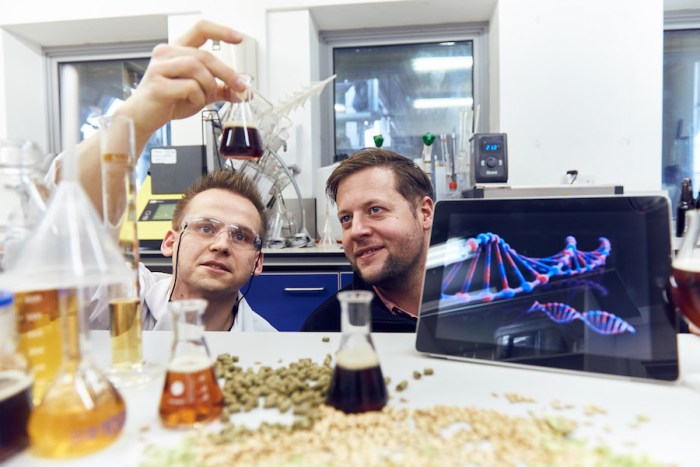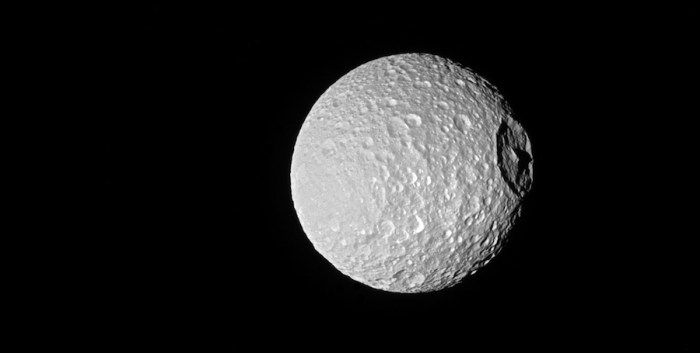What if psychedelics could cure depression and addiction and help cancer patients deal with their end-of-life anxiety?
New York real estate developer Rodrigo Niño is convinced LSD, psilocybin and MDMA can unlock the answers to these ailments.
He just needs to raise $2 million to prove it.
So to push research forward, Niño launched a crowdfunding campaign “Fundamental” on Tuesday that will get researchers the cash they need to move forward with studies on psychedelic-assisted therapies in mental health and cognition.
Why? Because he believes the only reason he is alive today is because of psychedelics.
At 41 years old, he was diagnosed with Stage 3 melanoma cancer. Doctors said his chances of survival were slim. Enter his fear of dying.
“The whole idea is that we as human beings know that we will eventually die, we just don’t like to know when,” Niño said. “When confronted with that possibility, we get very afraid.”
Niño researched the best hospitals and traveled to Boston where he endured two surgeries, but soon he had exhausted his options with modern medicine. So, he turned to traditional medicines and before he knew it, he was headed to the heart of the Peruvian rain forest to partake in an ayahuasca ceremony.
“As a data guy, a numbers guy, a New Yorker, it sounded kind of out there to me,” Niño admitted. He first learned of ayahuasca from National Geographic in an article that said the psychedelic tea made of plant roots could help with autoimmune diseases and lymphatic cancer. Though Niño did not have lymphatic cancer, his melanoma had metastasized to his lymphatic system, and he was desperate for hope.
So Niño went to the jungle and participated in four ayahuasca ceremonies over two weeks under the care of a “curandero” — the Spanish word for medicine man.
“My fear of dying was completely gone,” Niño said. “And I had to find out if it was a placebo effect caused by the hallucinations, or if in fact, I had been physically and psychologically cured.”
Back at home, Nino met Dr. Stephen Ross, director of addiction psychiatry at NYU Langone Medical Center, whose study found that, when administered under psychologically supportive, double-blind conditions, a single dose of psilocybin produced rapid, substantial and enduring improvements in cancer-related depression, anxiety and existential distress as well as improvements in quality of life.
Psilocybin is the sister molecule to ayahuasca, Niño said. It was the proof he was looking for.
Fast forward seven years, and as Niño puts it, “I haven’t died yet.” As Niño continued to learn about more and more doctors who are finding psychedelics help people with mental illness, he recognized a lack of funding was holding research back.
It’s nearly impossible to secure grant funding for medical studies into the effects of psychedelics for a variety of reasons — leftover stigma from the 1960s and the antics of the Merry Prankers, federal scheduling, and because the chemical compounds are in the public domain, they won’t make money for pharmaceutical investors.
In his business, Niño had used crowdfunding as a way to bring in smaller investors on large commercial developments in New York City.
“We realized we could extrapolate our learning in that industry to allow family, friends and patients struggling with this to contribute,” Niño said.
He teamed up with Amanda Feilding, founder and director of the UK-based Beckley Foundation, and together they hope to raise enough funding to study the effects of LSD microdosing on mood and well-being.
“For decades, we have seen anecdotal evidence that microdosing improves mood and well-being, enhances cognition, increases productivity and boosts creativity,” Feilding said in a statement. “Now we have the opportunity to undertake the first controlled scientific investigation, including the latest brain imaging technology, into the effects of microdosing LSD, thereby finally establishing whether the claims about its benefits are true.”
The whole experience has given Niño a new and clearer purpose in life, he said.
“I’m grateful for that near-death experience, because it is so compelling. I am grateful for the cancer because if it wasn’t for the cancer, I never would have had that experience, because it would have been too scary for me to go to the jungle.”

